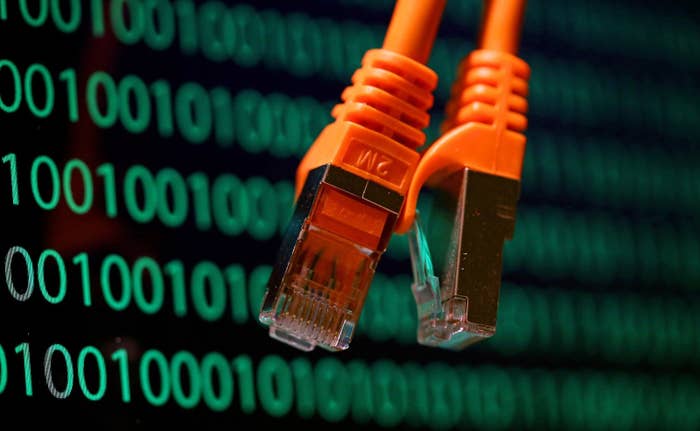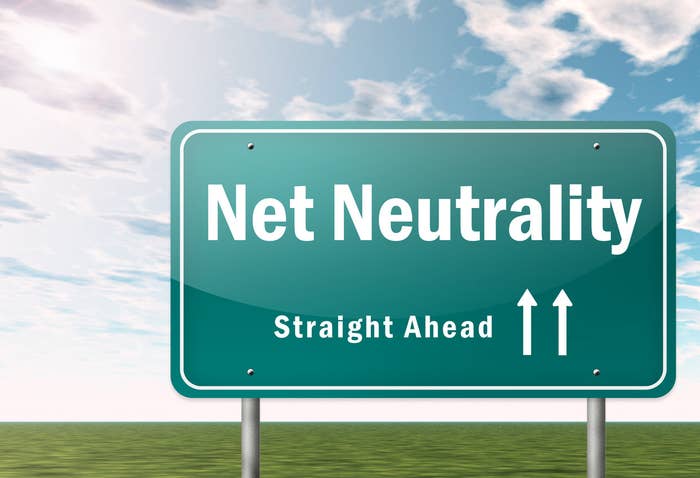
Without Net Neutrality, ISPs would regulate your internet access and will charge you for additional access beside mainstream websites like Google, Facebook, Twitter, etc.
In a non-neutrality scenario, ISPs could also divide the internet into a tier like structure. So, big websites like Google, Facebook, Twitter, etc. would come at standard ISP rates, but second and third tier websites would need additional $100 to $200 for access. Above is just one example of how non-neutrality could work. Another scenario is fast and slow lanes of the internet. In this scenario, some websites or services would get quick access while some other will get slow or no access at all. All these situations compromise the neutrality of internet.
So you must think that who would want a non-neutral internet. Well, there are many big players involved in this battle to eradicate Net Neutrality. AT&T, Comcast, and Verizon are the main players regularly interfering to compromise the Net Neutrality. These companies are trying very hard to create a non-neutrality scenario where they could profit a lot more than they are already making.

The Federal Communications Commission (FCC) took a historic decision when they announced that the internet is open and free for everyone so that anyone can communicate and voice their opinion without any interference from big ISPs like AT&T, Verizon, and Comcast. These ISPs, along with their lobbyists are doing everything to destroy internet neutrality. With new Trump administration, Ajit Pai is selected as the new FCC chair, and he is former Verizon lawyer. Ajit Pai has overturned some previously FCC rulings regarding net neutrality in smaller ISPs. He has made some aggressive arguments against Net Neutrality recently, and we may see a non-neutrality scenario in coming days if there is no proper resistance against it.
A non-neutral Internet could hurt the internet marketers because modern day marketing campaigns are incomplete without a good internet marketing plan. Net Neutrality allows a better competition amongst different brands and companies as anyone can access any website. Non-neutral internet would force the companies to serve only those customers who are paying the ISPs and maybe the companies also have to pay the ISPs for a faster user access. Rich companies with big marketing budgets may not worry about these bumps in the road, but for startups and small businesses, this is a nightmare.
In the current Net Neutrality situation, small companies and startups are safe as they do not have to pay extra money to any ISP like Verizon, Comcast, or AT&T. Their marketing campaigns start with creating a small website and start marketing it on the internet.

The non-neutral situation could also affect the freedom of speech as many small communities and color communities are a victim of systemic racism. They voice their opinions through an open internet and can call hundreds of people to protest for their rights within minutes through the web. A neutral internet allows color and vulnerable communities to bypass the usual media outlets for spreading the message. The Non-neutral internet could block freedom of speech for these communities.
If you want to take some action to keep the Net Neutrality alive, you should visit SaveTheInternet.com in United States. If you are from any other country, search for the same causes on the internet.

